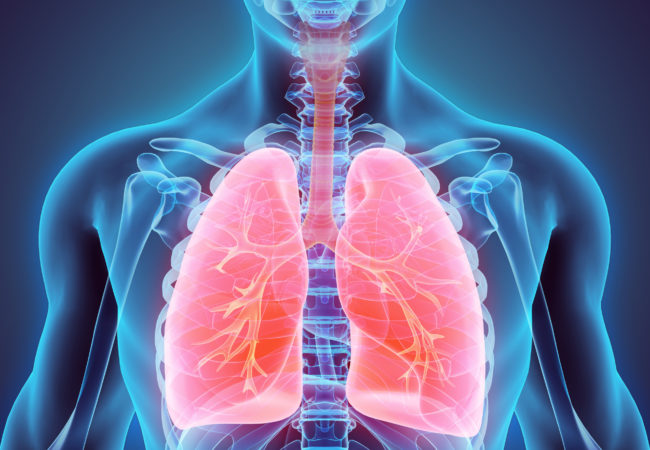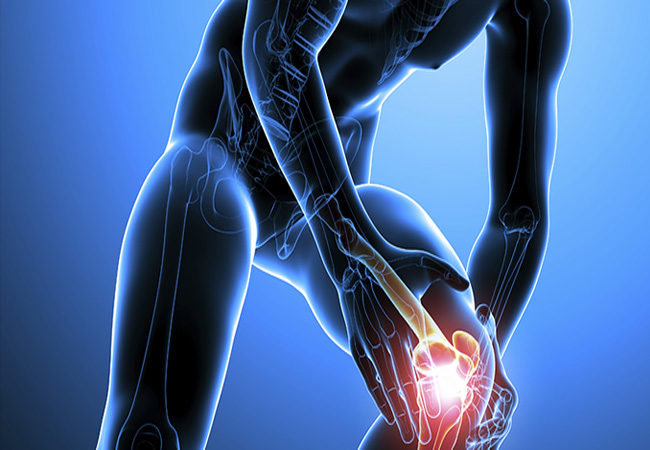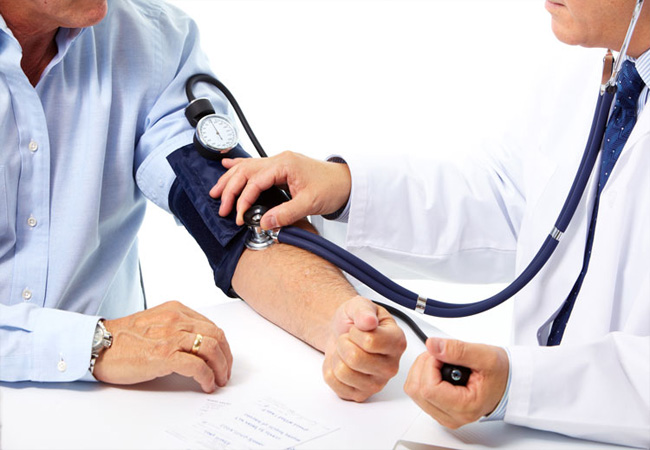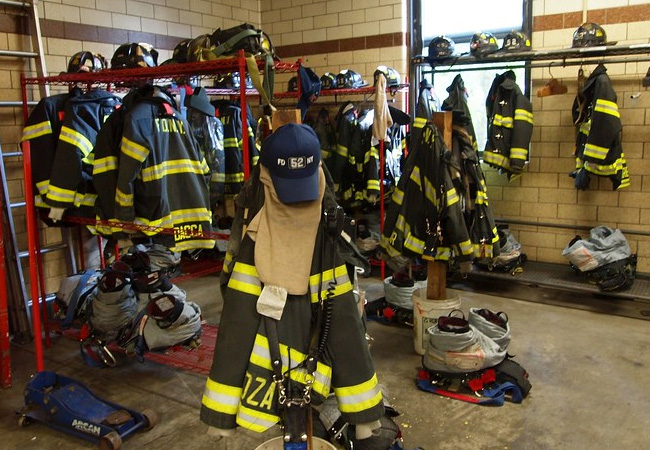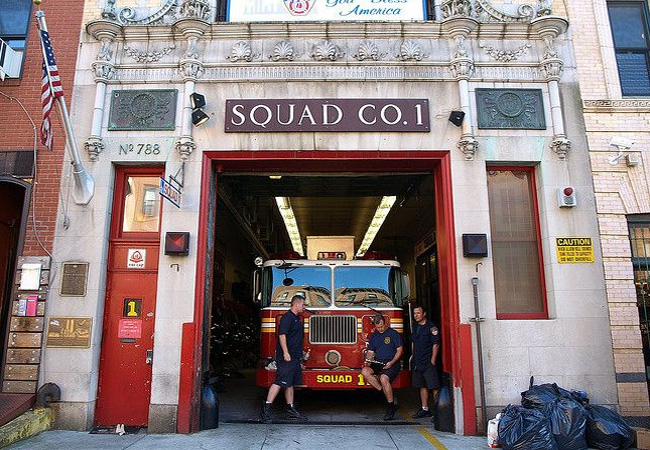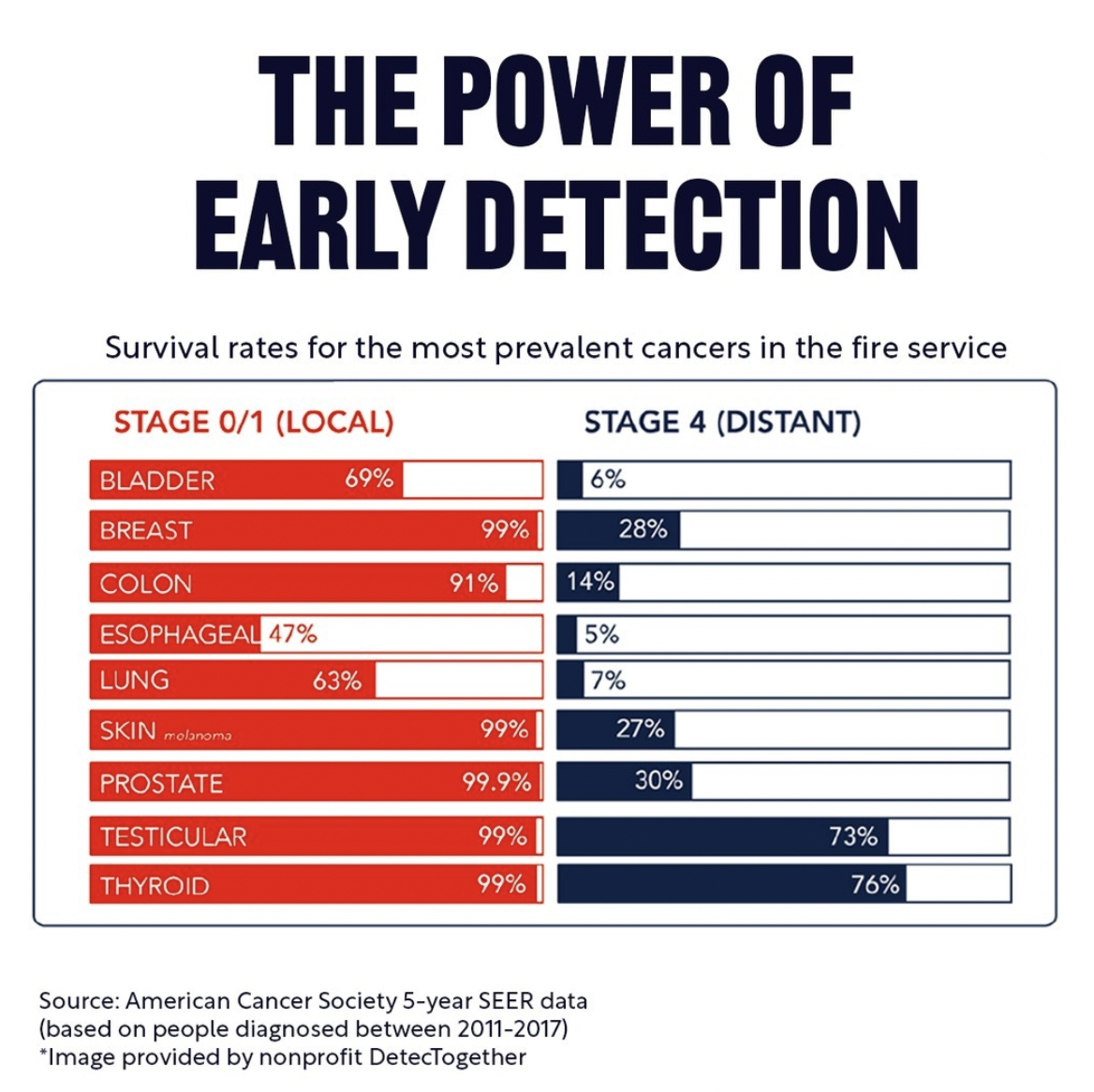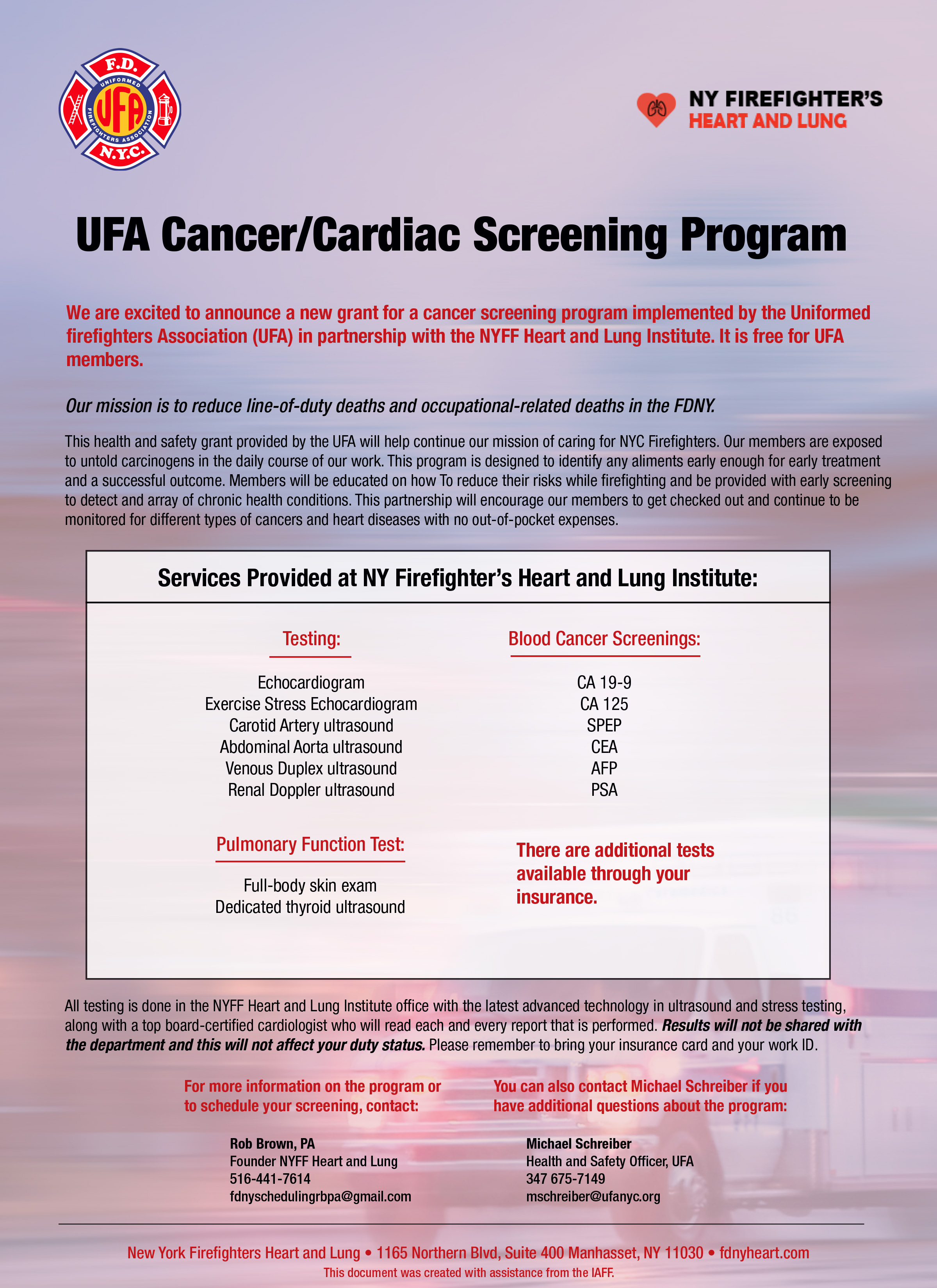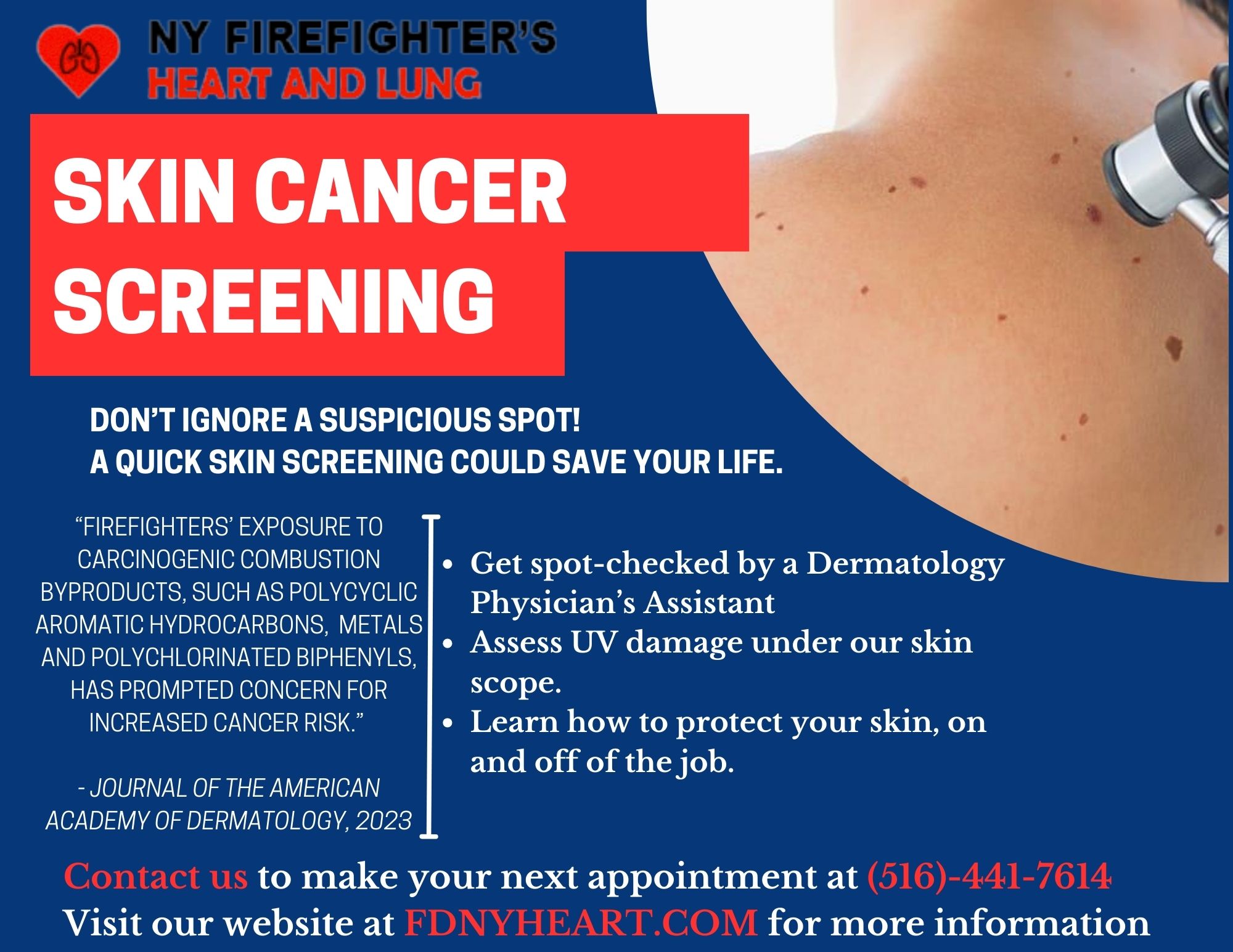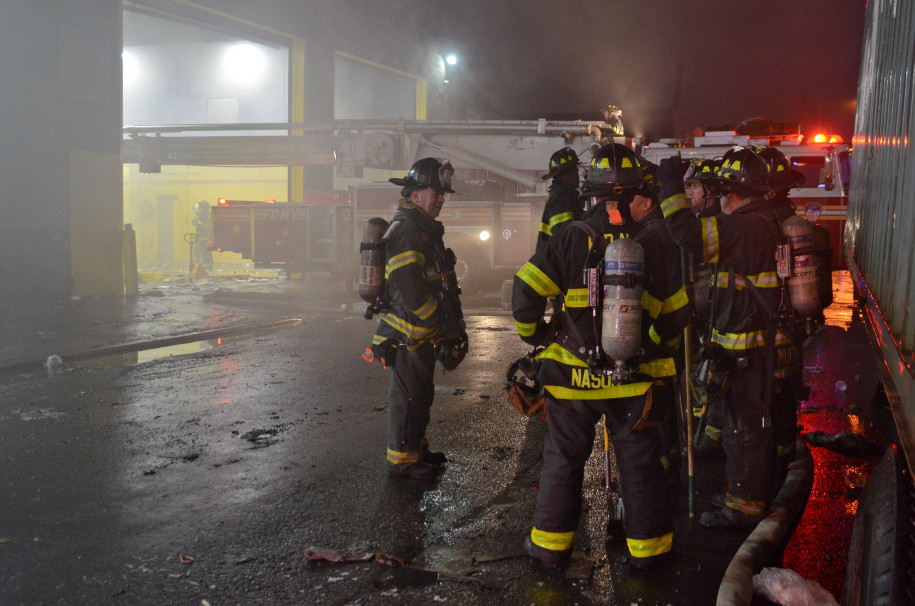Dietary Fats
Source: The American Heart Association
Does my body need fats?
Yes, it does. Dietary fats are essential to give your body energy and to support cell growth. They also help protect your organs and help keep your body warm. Fats help your body absorb some nutrients and produce important hormones, too. Your body definitely needs fat.
How many different fats are there?There are four major dietary fats in the foods we eat:
The four types have different chemical structures and physical properties. The bad fats, saturated and trans fats, tend to be more solid at room temperature (like a stick of butter), while monounsaturated and polyunsaturated fats tend to be more liquid (like liquid vegetable oil).
Fats can also have different effects on the cholesterol levels in your body. The bad fats, saturated fats and trans fats raise bad cholesterol (LDL) levels in your blood. Monounsaturated fats and polyunsaturated fats can lower bad cholesterol levels and are beneficial when consumed as part of a healthy dietary pattern.
Do all fats have the same number of calories?There are nine calories in every gram of fat, regardless of what type of fat it is. Fats are more energy-dense than carbohydrates and proteins, which provide four calories per gram.
Consuming high levels of calories – regardless of the source – can lead to weight gain or being overweight. Consuming high levels of saturated or trans fats can also lead to heart disease and stroke. Health experts generally recommend replacing saturated fats and trans fats with monounsaturated fats and polyunsaturated fats – while still maintaining a nutritionally-adequate diet.
Are all foods labeled "trans fat-free" healthy foods?Not necessarily. Foods labeled "0 trans fat" or cooked with "trans fat-free" oils may contain a lot of saturated fats, which raise your bad cholesterol levels. "Trans fat-free" foods may also be unhealthy in terms of their general nutrient content. For example, baked goods also tend to be high in added sugars and low in nutrients.
Can fats be part of a healthy diet?Eating foods with fat is definitely part of a healthy diet. Just remember to choose foods that provide good fats (monounsaturated and polyunsaturated fats) and balance the amount of calories you eat from all foods with the amount of calories you burn. Aim to eat a dietary pattern that emphasizes intake of vegetables, fruits, and whole grains; includes low-fat dairy products, poultry, fish, legumes, non-tropical vegetable oils and nuts; and limits intake of sodium, sweets, sugar sweetened beverages and red meats. Doing so means that your diet will be low in both saturated fats and trans fats.
Does eating more healthfully mean giving up my favorite foods?A healthy diet can include the foods you love. You don't have to avoid these treats entirely, but you do need to eat less of foods that are low in nutrition and high in calories.
When you subscribe to the blog, we will send you an e-mail when there are new updates on the site so you wouldn't miss them.


